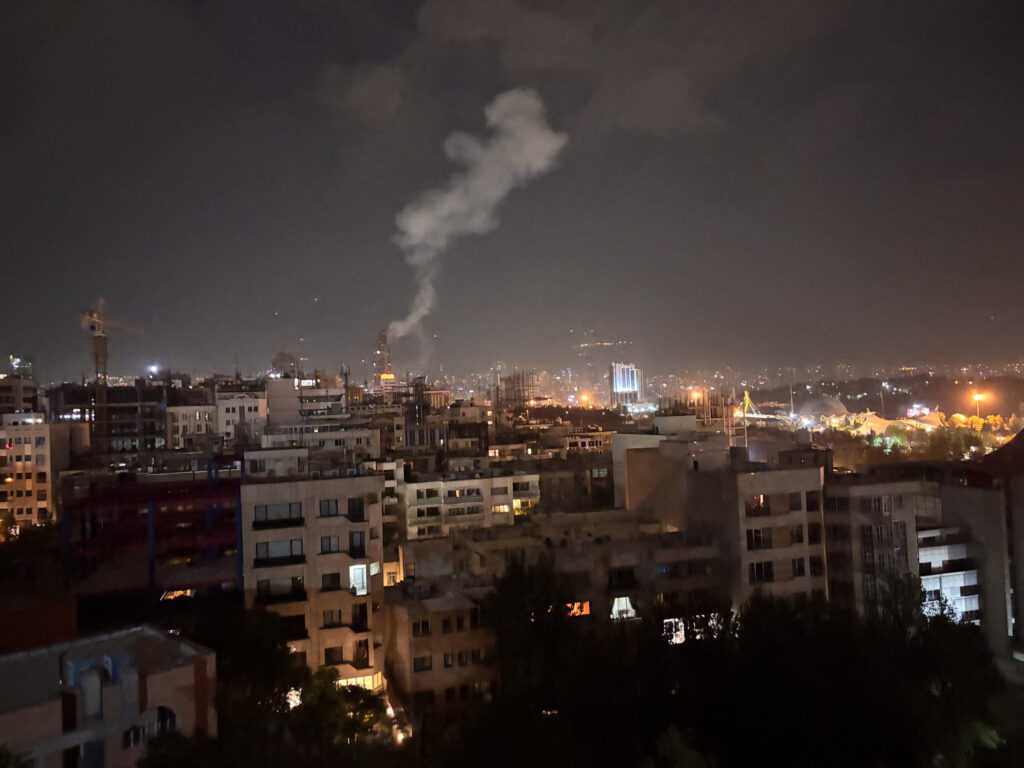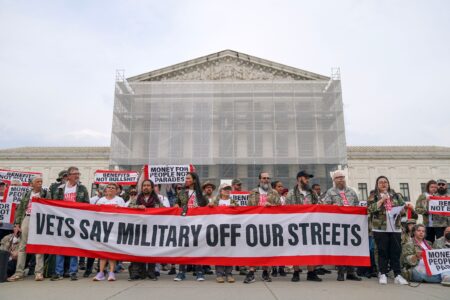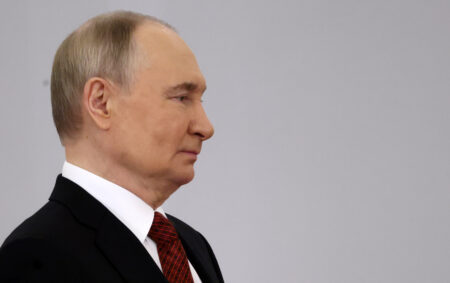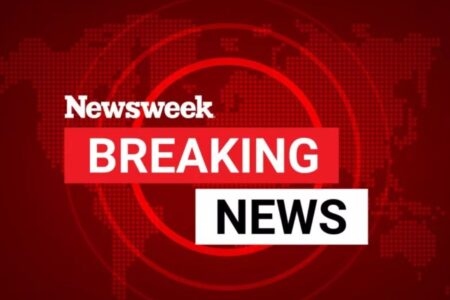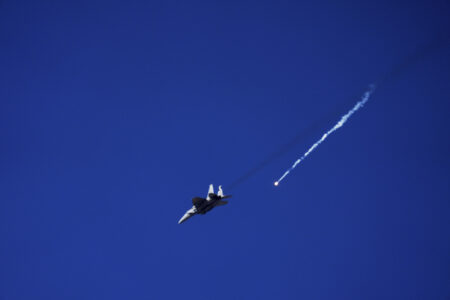Iran is preparing a substantial response to a large-scale attack conducted by Israel against key sites and personnel associated with the Islamic Republic’s nuclear program and military, according to official Iranian media.
“Iran’s response to the Zionist regime early Friday morning attacks will be decisive,” state-run Islamic Republic News Agency (IRNA) cited an unnamed official as saying in the aftermath of the Israeli attacks.
Iranian Armed Forces spokesperson General Abolfazl Shekarchi also told IRNA that Israel would be met with a severe response, while alleging that the United States played a role in the assault.
“The Zionist enemy, who carried out this action with the support of America and attacked residential areas, will pay a heavy price,” Shekarchi said.
Another unnamed Iranian official was cited by Reuters as saying that “the response to the Israeli attack will be harsh and decisive,” adding that consultations regarding the scope and timing of retaliation were being discussed at the highest levels.”
Newsweek has reached out to the Iranian Mission to the United Nations for comment.
The attacks marked the most serious escalation yet in rising tensions between archenemies Iran and Israel, which twice last year exchanged direct strikes amid the ongoing war between Israel and the Palestinian Hamas movement in the Gaza Strip.
The prior Iranian operations, known as “Operation True Promise I” and “Operation True Promise II,” both saw hundreds of Iranian missiles and drones launched against Israel in April and May of last year, respectively. In both instances, the U.S. and several other nations came to Israel’s defense in intercepting the incoming salvo, but damage was reported to several sites.
While previous Israeli attacks largely focused on military sites in Iran, the latest strikes, dubbed “Operation Rising Lion,” involved dozens of attacks on military and nuclear infrastructure as well as personnel, including the head of Iran’s elite Islamic Revolutionary Guard Corps, Major General Hossein Salami.
Others reported by Iranian media to have been killed in the Israeli strikes include nuclear scientists Mohammad Mahdi Tehranchi and Fereydoon Abbasi.
In the immediate aftermath of the strikes, an Israeli official told Newsweek that intelligence had concluded Iran had obtained sufficient capabilities to produce 15 nuclear bombs, presenting an “existential threat” to Israel.
Iranian officials have always denied seeking nuclear weapons. The country’s nuclear program was subject to extensive restrictions in exchange for sanctions relief as part of the Joint Comprehensive Plan of Action (JCPOA) reached in 2015 under then-U.S. President Barack Obama, but the deal was abandoned by President Donald Trump in 2018.
After former President Joe Biden failed to reach an agreement to revitalize U.S. participation in the JCPOA, Trump has sought to reach a new accord that would introduce stringent checks on Iran’s nuclear program. Representatives from Washington and Tehran have held five meetings, with a sixth scheduled to take place Sunday in Oman.
This is a breaking news story. Updates to follow.
Read the full article here







